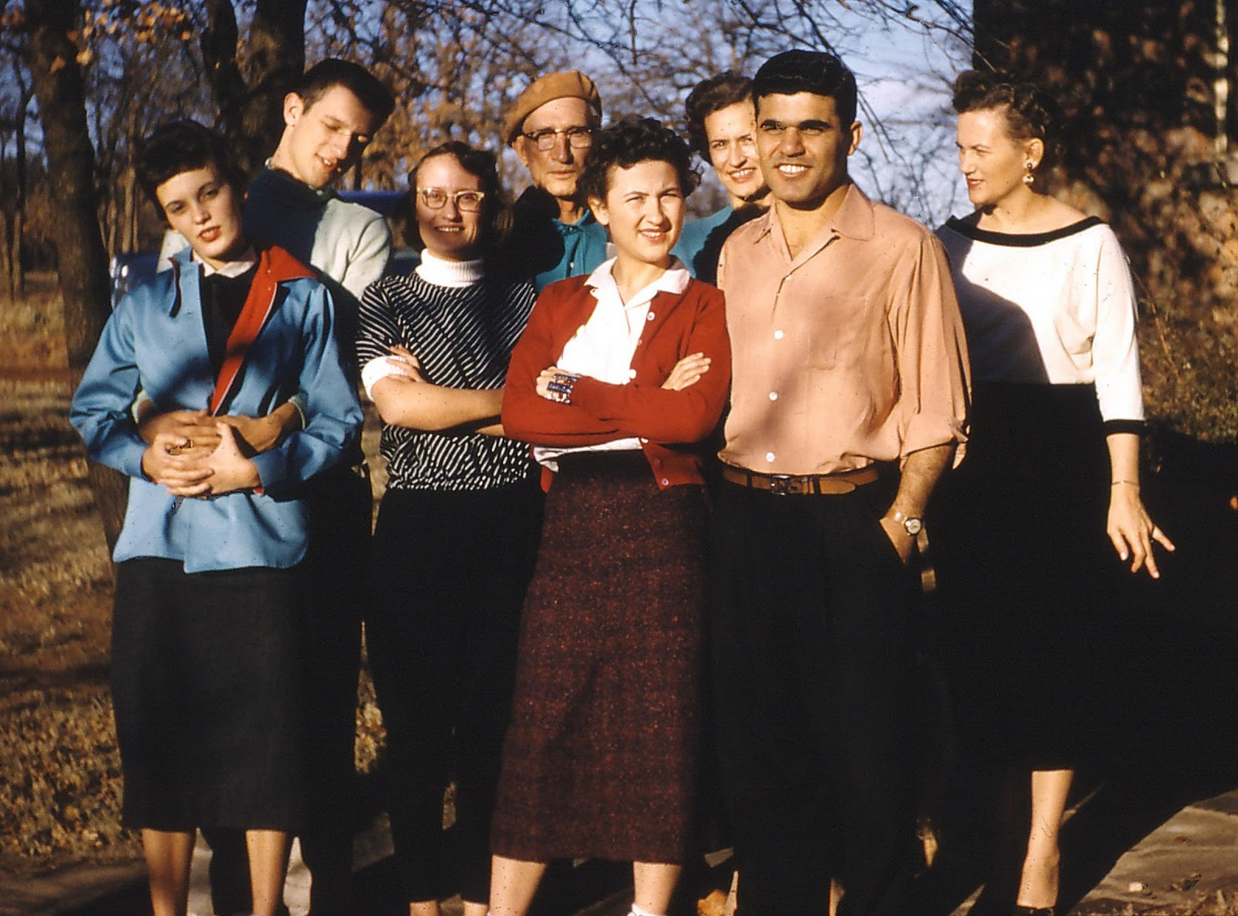Roxanne Dunbar-Ortiz:
Politics without knowledge of Palestine is limited
Written for PalFest 2020: Palestine & the Global South
Palestine. How I wish I could be there with the Palfest 2020 writers’ delegation. It has been a life-long dream for me to visit Palestine since I was eighteen.
Let me tell you a story about how a tenant farmer’s daughter—I—from rural Oklahoma came to know about Palestine and the 1948 Nakba as a teenager in the mid-1950s.
Having grown up a devout Protestant Christian evangelical in a tiny rural hamlet in rural Central Oklahoma, my father a tenant farmer, then a truck driver, I knew very little about the world or anything else. Since science was not taught, I assumed the earth was flat. That was my reality in the flat Southern Plains, where the horizon never seemed to end in any direction. There were few books, may fifty or so in the school library, most with religious themes, but I loved to read and read those books over and over, as well as the Bible. I also liked to write, which took the form mostly of writing letters to faraway relatives. So, I was nearly a blank slate when I entered the University of Oklahoma in the fall of 1956.
I met my first boyfriend right away, who became my husband the following year. Dan Callarman was a civil engineering student in his second year. His best friend on campus was a 22 year old Palestinian petroleum engineering student, Saîd Abu-Lughod, in his third year. Saîd had pretty much become a part of the Callarman family two years earlier when Dan’s older sister was a student at OU and met him, brought him to her family. Their home was on the northeast edge of Oklahoma City, where he visited most weekends, always bringing a lot of food that the Arab matron of the family who hosted him cooked—hummus, falafel, tabbouleh, kibbeh, pita, dolma.
But, that first year, before I married into the family, I mainly talked to Saîd on campus. It was he who taught me about European colonialism of Africa, Asia, the Pacific and Caribbean and the American continents. I learned about the world outside my small realm through the prism of the expulsion of Said’s family from their home in Jaffa only 8 years earlier.
Thanksgiving, 1957, at my in-laws home in Oklahoma City. That’s me on the left with my husband, Dan, his father in the center, four of Dan’s five sisters, and Saîd Abu-Lughod
This was the time of the “Suez Canal Crisis,” so called in the daily newspapers’ headlines. Egypt’s nationalist president Gamal Abdel Nasser had nationalized the canal in defiance of Britain and France. Meanwhile in the United States, the Dulles brothers, John Foster as secretary of state and Alan as CIA director, were fomenting military coups and had already brought down the first democratically elected governments in Guatemala and Iran. Although the Eisenhower administration claimed to be opposed to Britain and France intervening in Suez, Saîd argued that the US couldn’t be trusted, that they wanted to supplant the European states in being the dominant force in the Middle East, control of oil being the objective. As I learned about these events, I began to understand the meaning of the term, “imperialism.”
Learning about world politics and imperialism from a Palestinian, I realized much later, gave me a deeper understanding than simply learning the geopolitical facts. I learned about real human experience from the victims’ perspective. After Saîd graduated and returned to Jordan, I was able to interpret world events, read between the lines, as he instructed, so during the Kennedy-Nixon debates in 1959, I could figure out that the United States was already in Southeast Asia and war was being planned, and I could see the dark cloud forming over the Cuban Revolution.
I learned quickly that supporting Israel was a wildly popular cause in the United States across the political spectrum, from liberal Eleanor Roosevelt to conservative Dwight Eisenhower. Even fundamentalist Protestants interpreted the establishment of the state of Israel as the realization of prophecies in the Book of Revelation. My dormitory mates at OU, who knew little about the world at large, were excited about Israel and wanted to visit. There were daily newspaper articles extolling the Israelis turning the desert into a land of milk and honey.
I thought it was backward Oklahoma, but in 1961, having moved to San Francisco, I was a student at the liberal San Francisco State College (now university) where students were rallying support for Civil Rights workers in the South and organizing locally to desegregate employment and housing. I joined in these activities but was shocked by their enthusiasm about Israel and erasure of Palestinians whom they called Arabs, denying nationality. In their social gatherings, there was always Israeli music and dancing. Of course, there were no Palestinians on campus, or other Arabs, or if there were, they did not make themselves visible.
This continued with my graduate work at UCLA in the mid-1960s. in my last semester there, the 1967 Six Days War took place and thousands of UCLA students rallied on campus—a campus where only a handful of us showed up to protest the war in Vietnam-- during those days in favor of Israel with celebrations at the devastating end. There were six of us with signs opposing Israeli aggression and expansion. Except for myself, the others were foreign students.
So, it is with great joy that a powerful mass movement has emerged in the United States with the dawning of the 21st century and has grown to a critical mass, no turning back. This is due to the tireless and often lonely work that several generations of young Palestinians, thousands of Saîd’s, in the United States have carried out and continue to do so. They have enlightened millions of young US Americans, just as Saîd enlightened me more than 6 decades ago.

